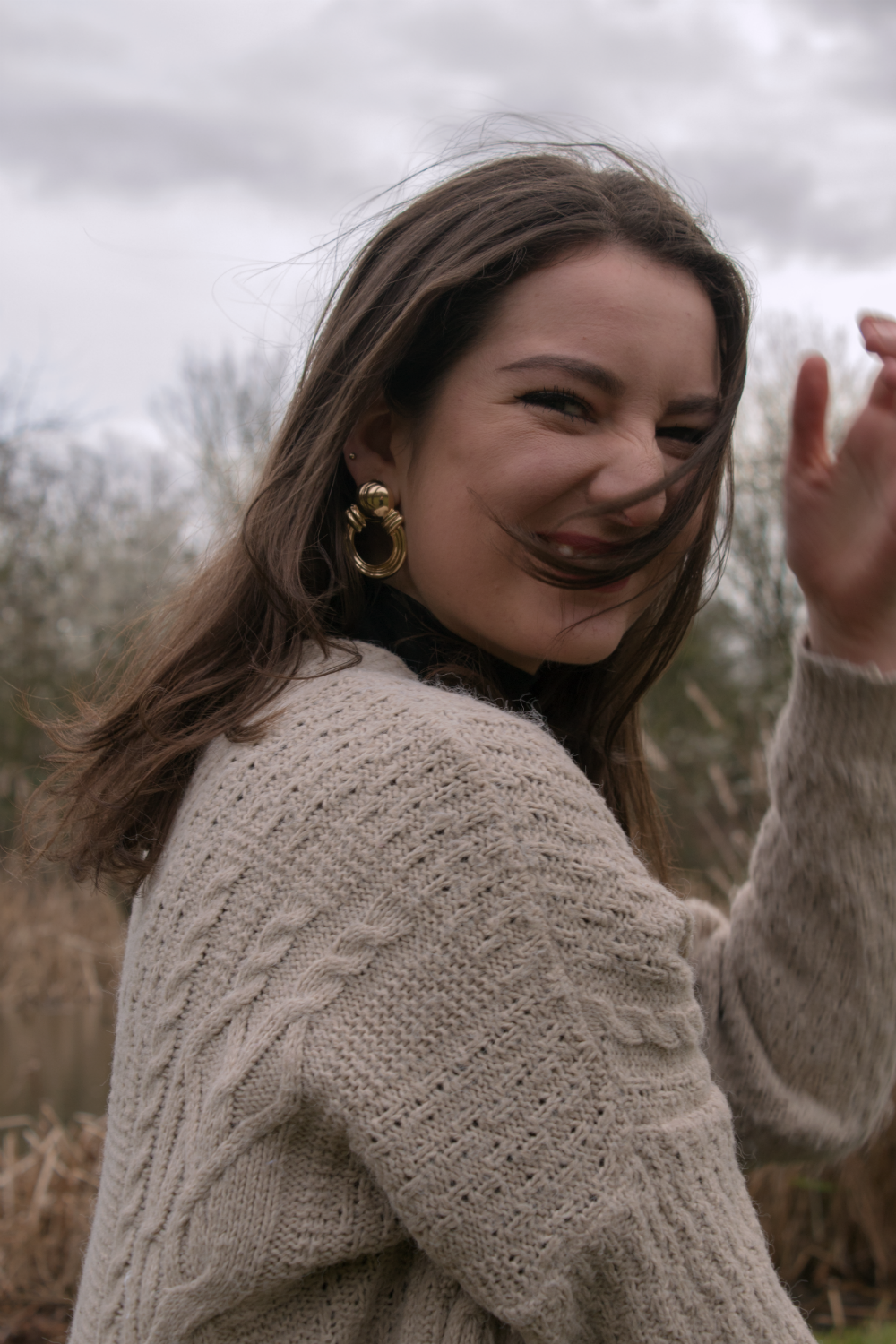Join us and help the hidden homeless this winter
Every four minutes someone in the UK becomes homeless - and 60% are women. That’s why this week Marie Claire is joining Shelter’s Christmas campaign to help
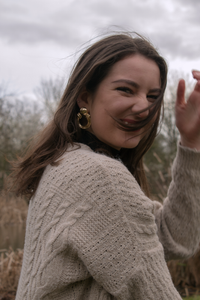
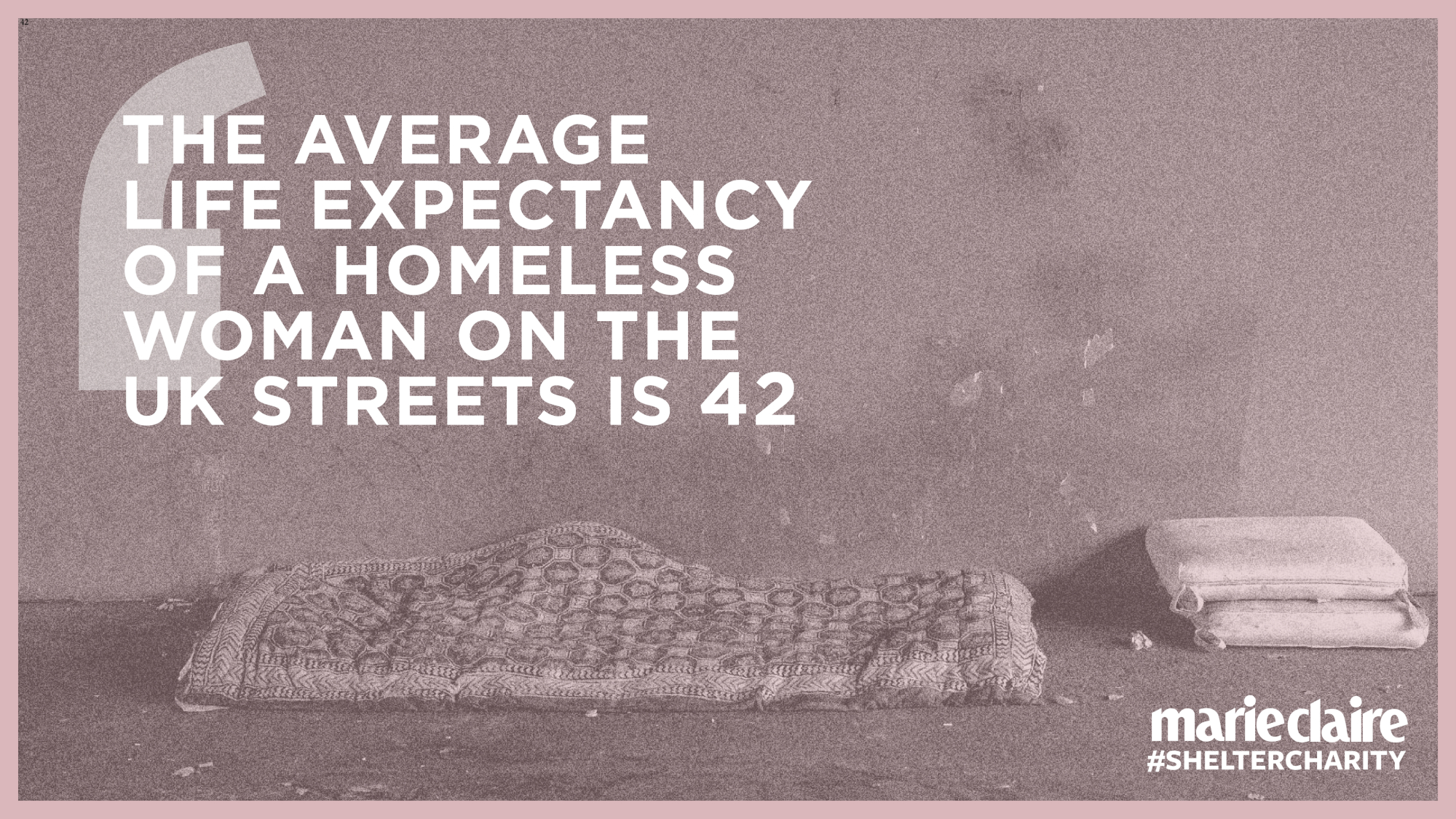
Celebrity news, beauty, fashion advice, and fascinating features, delivered straight to your inbox!
You are now subscribed
Your newsletter sign-up was successful
Every four minutes someone in the UK becomes homeless - and 60% are women. That’s why this week Marie Claire is joining Shelter’s Christmas campaign to help
Words by Polly Dunbar
When Kate lost her job as an office administrator in June, she never imagined she’d lose her home, too. ‘I applied for benefits, but I got into debt while I was waiting for them,’ says the 28-year-old, a single mother to a two-year-old son, Freddie.
‘When they did arrive, they didn’t cover my rent – so that was it. Freddie and I had to go, first to friends’ houses, and then to a temporary hostel, which we’re sharing with 15 other families. I’m devastated for him; for us both. I just can’t believe we’ve ended up here.’
Today, a household like Kate’s becomes homeless every four minutes: victims of the spiralling crisis which encompasses an estimated 320,000 people in Britain. There are more than 84,740 households living in temporary, often unsafe or unsanitary accommodation such as night shelters, B&Bs and hostels – the highest level in a decade – and more than 60 per cent of adults living this way are women.
Untold thousands more make up a disproportionate number of the ‘hidden homeless’, forced to sleep on friends’ sofas or find other makeshift arrangements to avoid sleeping rough. Those women who do end up among the growing swathes of street homeless are the only group in our society whose life expectancy is lower than men’s, at just 42.
Shocking though these figures are, the true scale of the problem is likely to be far worse. ‘Homeless women can be particularly difficult to count,’ says Polly Neate, CEO of homelessness charity Shelter. ‘Many may be hiding from abusive former partners, or worried about losing their children, which can make them reluctant to contact their local authority. There are many more than official records suggest.’
Celebrity news, beauty, fashion advice, and fascinating features, delivered straight to your inbox!
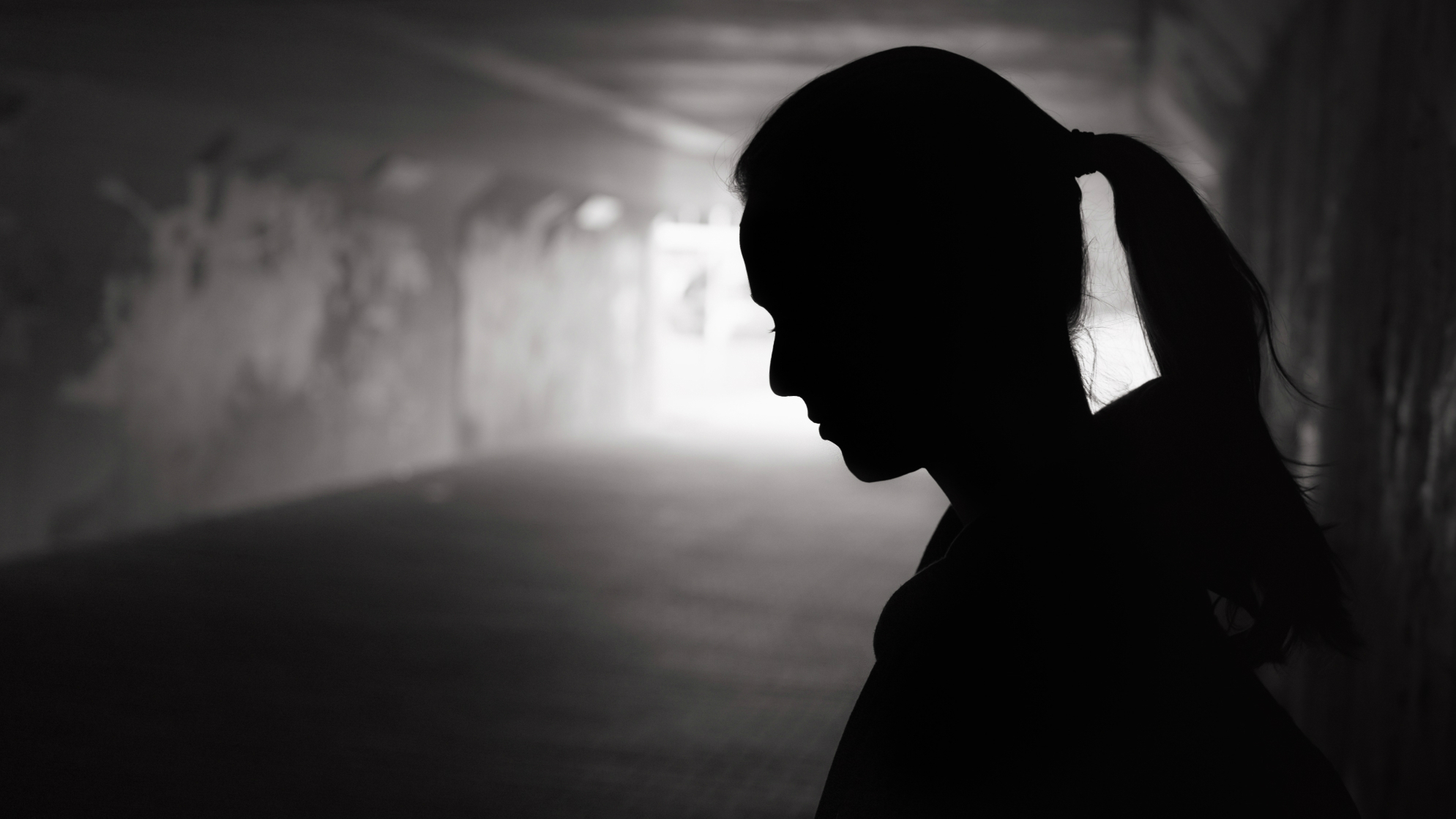
In big cities such as London, Birmingham and Manchester, the numbers are particularly high. The shortage of social housing and rising rents in the private sector, combined with the effects of 2014’s housing benefits freeze – which has left 94 per cent of privately rented homes too expensive for those receiving them - ensures that for many, the concept of affordable housing is now an unattainable dream.
Amid the frenzy of the election countdown, Labour and the Liberal Democrats have committed to addressing the problem by building far more affordable homes. Meanwhile, ‘the Conservatives haven’t pledged to end the freeze,’ says Neate. ‘There are 1.1 million people on the waiting list for social housing and last year, 4,500 new homes were built in the sector. The situation is becoming untenable.’
The ‘national housing emergency’, as Neate calls it, means women who lack the safety net of friends or family they can rely on for financial help are often only a relationship breakdown, period of poor mental health or job loss away from homelessness. With wages stagnant and an uncertain job market, with zero-hours contracts increasingly common, it can happen far more easily than we might think.
One of the most common paths is domestic abuse, which makes women 20 times more likely to become homeless. Unfortunately, those who find the courage to flee their abusers often face further obstacles when they seek help. ‘There’s a culture in local authorities of not believing women when they say they’re victims of domestic abuse,’ says Neate. ‘They should be prioritised, but instead they’re often told they’ve made themselves intentionally homeless, and they’re not given any help.’ Some have no option but to return to their abusive partner, just to keep a roof over their heads and those of their children.
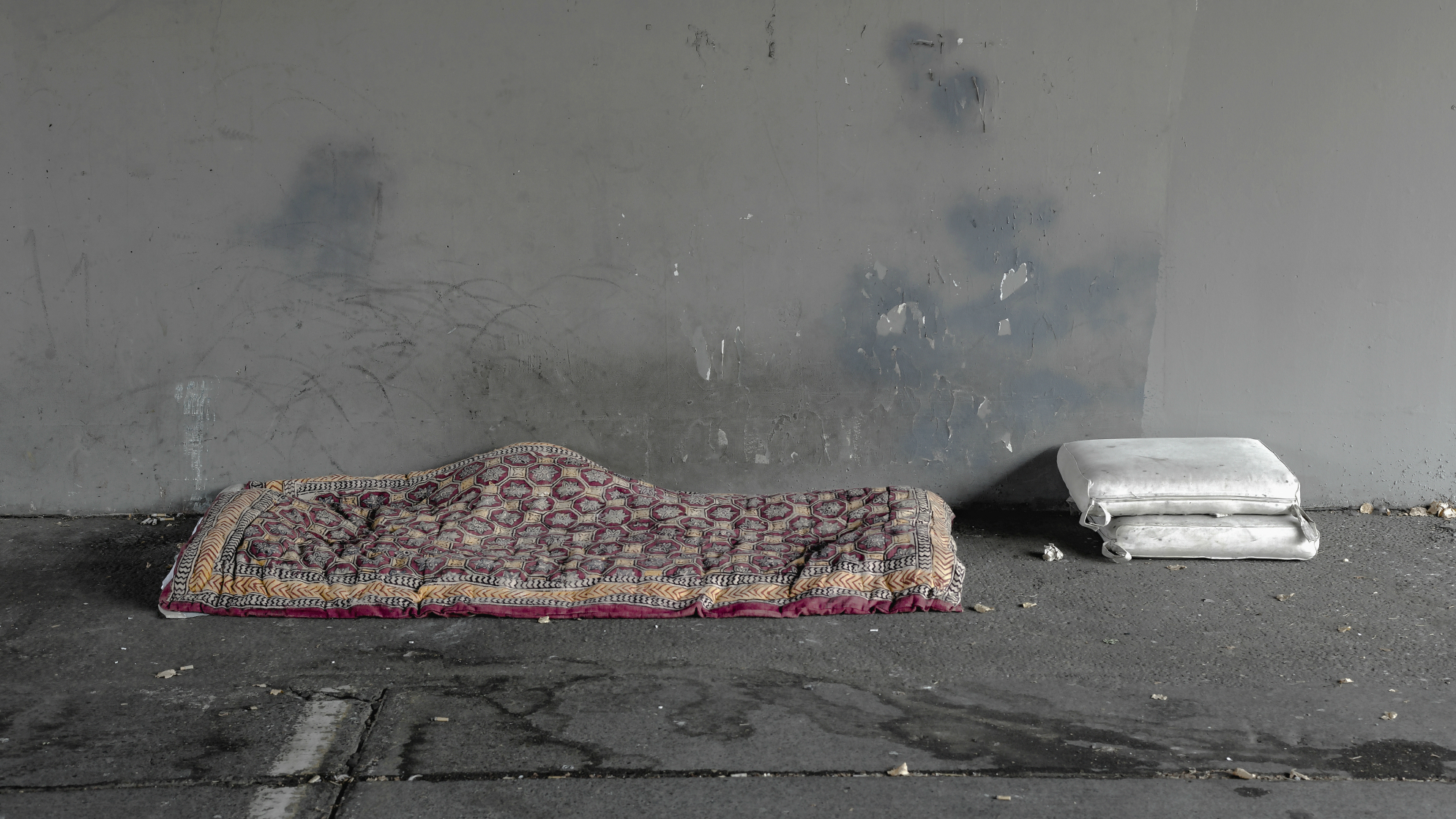
For homeless women, fear is often an everyday part of life. Of those forced to sleep on the streets, one in four are sexually assaulted every year, while 58 per cent have been intimidated or threatened. Attacks, including being kicked, robbed, spat or urinated on, are common.
For those in shelters or hostels, the picture isn’t always much less bleak. ‘Women in this situation are extremely vulnerable, and in temporary accommodation, they often don’t feel safe, which affects their mental health,’ says Neate. ‘Often they’re responsible for children and they can be sharing one room with three children, which is extremely stressful.’
Since moving to the hostel in October, Kate has felt afraid almost constantly. ‘I should feel lucky, because I got a place quite quickly because of Freddie, but I hate it here,’ she says. ‘It’s dirty and loud and I’m worried our room isn’t secure. I’m dreading Christmas, because I can’t afford presents or nice food. I just hope that next year we’ll be back in a home of our own.’
*There are many ways you can support Shelter in its fight against homelessness, click here to donate and read up on its various volunteering opportunities
Niamh McCollum is Features Assistant at Marie Claire UK, and specialises in entertainment, female empowerment, mental health, social development and careers. Tackling both news and features, she's covered everything from the rise of feminist audio porn platforms to the latest campaigns protecting human rights.
Niamh has also contributed to our Women Who Win series by interviewing ridiculously inspiring females, including forensic scientist Ruth Morgan, Labour MP Stella Creasy and ITV’s former Home Affairs Editor Jennifer Nadel.
Niamh studied Law in Trinity College Dublin. It was after enrolling in a Law & Literature class on her year abroad in Toronto that her love of writing was reignited. In no particular order, her big likes are Caleb Followill, hoops, red wine, sea swimming, shakshuka and long train journeys.
